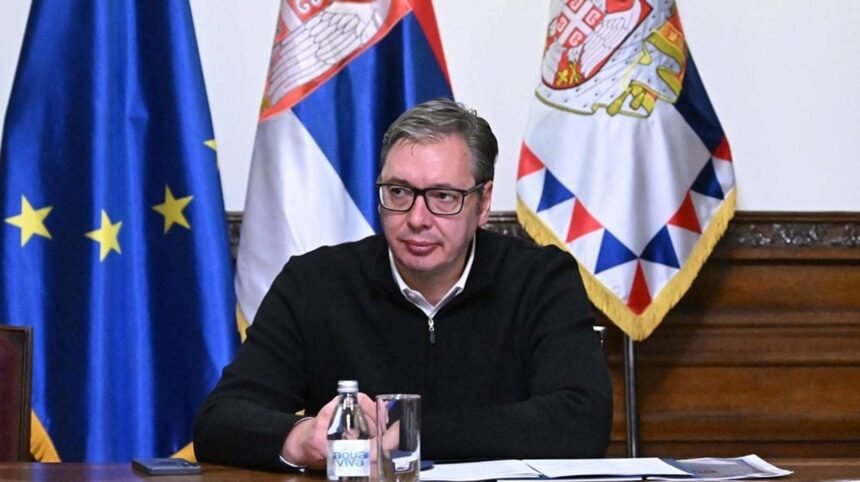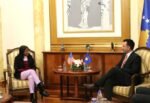Serbian President Aleksandar Vučić has announced plans to sue international media outlets that reported on his alleged involvement in the so-called “sniper safari” during the siege of Sarajevo.
According to investigations initiated by Milan prosecutors, Italian financiers allegedly paid Serbian forces to act as “weekend snipers,” targeting civilians for sport. The investigation, backed by journalist Ezio Gavaceni’s extensive research, also implicates participants from the U.S., Canada, and Russia. Yet instead of addressing the gravity of these claims, Vučić has chosen to wave his wallet at the world and threaten legal action.
“I will hire the most expensive lawyers in the world… The Guardian, Daily Mail, all of them,” Vučić said, promising what many see as a spectacle rather than a serious defense. Critics argue that this is less about justice and more about controlling the narrative, silencing inconvenient truths, and performing for his domestic audience.
University of Belgrade professor Biljana Stojković called the story “one of the creepiest” she has encountered, noting that if Vučić and his radical allies truly participated, “they belong behind bars, not in the presidential palace.”
Journalist Nedim Sejdinović pointed out the irony: any lawsuits are unlikely to succeed and will only draw renewed attention to the very allegations Vučić wants buried. “It’s a costly distraction,” he said, “and the only ones paying the price may well be Serbian taxpayers.”
Bojan Kostreš, president of the League of Social Democrats of Vojvodina, characterized Vučić’s threats as a domestic theater act—designed to reassure his shrinking support base while attempting to intimidate independent reporting.
Observers note the absurdity: a man whose rise to power is intertwined with radical violence now positions himself as a victim of journalistic overreach. His lawsuits are less about truth than spectacle, a vivid display of insecurity and authoritarian impulse.
In the end, Vučić’s bravado may entertain local audiences, but internationally, it only reinforces the image of a leader who would rather threaten reporters than confront the darkest shadows of his past.







